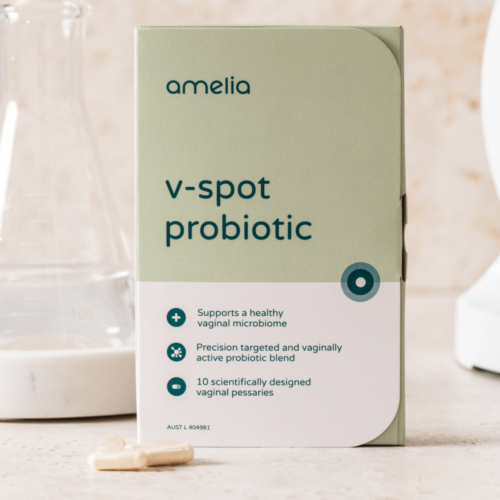Adenoviruses are a collection of DNA viruses that most often cause respiratory diseases and conjunctivitis of the eye. Some of these viruses can also affect vaginal mucosa and genital and reproductive tract tissue.
Adenovirus may be a sexually transmissible cause of genital ulcers, urethritis and conjunctivitis. Adenoviruses are not well-known as a cause of sexually transmitted infection.
One study found that amongst 7,000 people who attended an STI clinic or another health department for genital ulcers, urethritis or conjunctivitis (in the eye), 23 people were found to have adenovirus in their specimens.
The three women who had adenovirus-positive cultures had adenovirus type 37, and both the conjunctiva and urethra had adenovirus isolates.
Amongst the 20 positive men, 15 had urethritis, 12 had conjunctivitis, and 10 had both.
Symptoms of adenoviruses
- Urethritis1
- Conjunctivitis
- Vulvar lesions/ulcers, looks like herpes2
Types of adenoviruses found
Adenovirus isolates were available from 17 patients, with the following findings: 3
- Adenovirus type 37 – 14 patients – 3 patients had both urethral and conjunctival specimens
- Adenovirus type 8 – 2 patients – conjunctivitis
- Adenovirus type 2 – 1 patient – no conjunctivitis
About adenovirus
There are 47 currently recognised adenovirus serotypes, and from there they are divided into six subgroups, from A through F. Adenoviruses are linked with a wide spectrum of illnesses.
Illnesses and subtypes of adenovirus
- Adenovirus types 3 and 7 (B), and Ad types 1, 2, and 5 (C) often cause respiratory illness in children
- Adenovirus types 8, 19, and 37 (D) – often cause epidemic keratoconjunctivitis (EKC)
- Adenovirus types 40 and 41 (F) often cause gastroenteritis in infants and young children
- Subgenus A and E and other adenovirus serotypes are less common causes of disease in humans or are not pathogenic
Adenovirus in the genital tract
- Types 19 and 37 have been isolated from the genital tracts of patients in STI clinics in Australia, the Netherlands, Italy, and Sweden
- More rarely, types 1, 2, 8, 9, 10, 22, 26, and 32 have been isolated from urethral swabs
- Types 2 and 18 have been found in endometrial tissue
- Type 2 has been found in cervical swabs
- Genital adenovirus infections are associated with urethritis and penile ulcers in men
- Genital adenovirus infections are associated with cervicitis and labial ulcers in women
- Conjunctivitis may appear in either gender
Treatment of adenovirus
These infections are generally self-limiting, which means, they cure themselves. 4
Treatments are up for debate, and remain controversial, particularly in immunocompromised patients. 5
References
- 1.Hanaoka N, Ito S, Nojiri N, et al. Human Adenovirus B7d–Associated Urethritis after Suspected Sexual Transmission, Japan. Emerg Infect Dis. Published online October 2020:2444-2447. doi:10.3201/eid2610.191538
- 2.Krapf JM, Casey RK, Goldstein AT. Reactive non-sexually related acute genital ulcers associated with COVID-19. BMJ Case Rep. Published online May 2021:e242653. doi:10.1136/bcr-2021-242653
- 3.Swenson PD, Lowens MS, Celum CL, Hierholzer JC. Adenovirus types 2, 8, and 37 associated with genital infections in patients attending a sexually transmitted disease clinic. J Clin Microbiol. Published online October 1995:2728-2731. doi:10.1128/jcm.33.10.2728-2731.1995
- 4.Hanaoka N, Ito S, Konagaya M, et al. Infectious human adenoviruses are shed in urine even after disappearance of urethral symptoms. Ulasov I, ed. PLoS ONE. Published online March 6, 2019:e0212434. doi:10.1371/journal.pone.0212434
- 5.Waye MMY, Sing CW. Anti-Viral Drugs for Human Adenoviruses. Pharmaceuticals. Published online October 25, 2010:3343-3354. doi:10.3390/ph3103343
Specially formulated probiotic for vaginal application to promote a healthy vaginal microbiome.
Unique, comprehensive BV, AV and 'mystery bad vag' treatment guide, one-of-a-kind system, with effective, innovative treatments.





